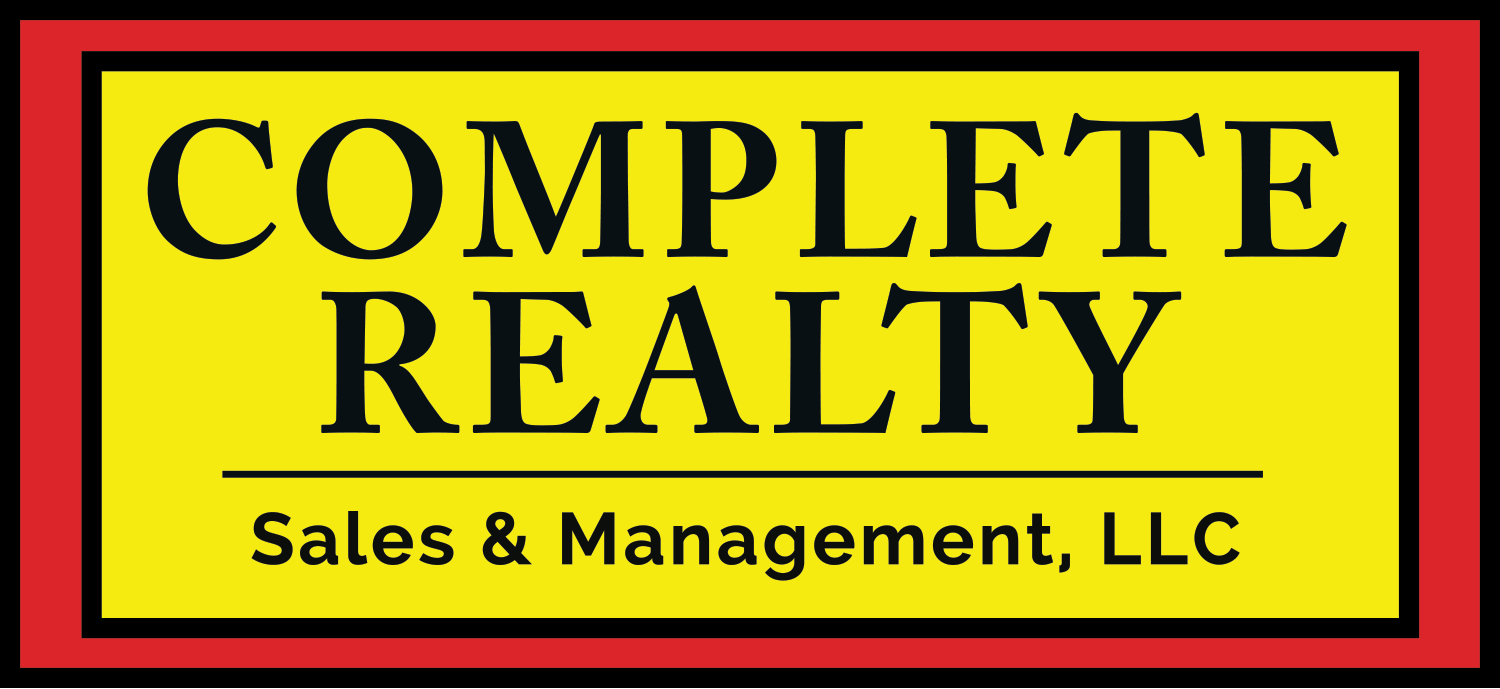"Good credit" scores fall into a range.
FICO is a credit-scoring system established by the Fair Isaac Corp. FICO scores are calculated to determine the probability of credit users paying their bills. FICO scores have become the lending industry’s benchmark for credit-granting decisions. However, not all lenders use FICO scores to determine creditworthiness. Some lenders use scores from other agencies such as Scorex. Many lenders look to the three major credit-reporting bureaus -- Equifax, Experian and TransUnion -- in making their lending decisions.
Credit Guidelines
Credit scores range from about 300 to 850. According to Freddie Mac and Fannie Mae, which purchase mortgages from banks and resell them to investors, a FICO score above 620 is considered good. However, says Fair Isaac, "A 620 score doesn't mean you're going to qualify for the best rate. It means you're going to qualify for a standardized rate, or a prime rate. 'Prime' is a broad category, so lenders will have different loan products that classify as 'prime' rates.' " The interest rate lenders charge their most creditworthy customers is described as the prime rate. The prime rate is based on the fed funds target rate set by the Federal Reserve.
Credit Reports
Most mortgage applicants have things to clear up financially before being able to achieve a good credit score. Consumers should regularly review their credit reports to make sure there are no errors on them. Any adverse-credit indications, accounts showing payments over 30 days late, collections, judgments, bankruptcies or foreclosures will lower a credit score. It is best to pay off old accounts, judgments and collections before applying for a mortgage. And once these accounts are paid off, wait until they are being reported on your credit reports as “satisfied” or “paid.”
Fair FICO
A credit score below 620 is considered subprime. The subprime lending category is for borrowers whom the lender determines to be risky loan candidates. Scores that fall short of 620 may bring about lender investigation. Applicants will be required to provide additional documentation to prove their creditworthiness. Subprime lenders generally request bank statements and W-2s from applicants. Borrowers with credit scores under 620 will generally pay higher interest rates.
Good Score
According to a 2005 survey by GMAC Mortgage, 62 percent of consumers were unaware that a score of 620 or better them in line for the best mortgage rate, CNN says. Knowing the range for prime lending can help a consumer aim for a particular credit score. The Treasury Department states, "Lenders differ with respect to mortgage underwriting guidelines, but the typical 'A' credit or prime borrower – that is, a borrower whose loan would be purchased by Fannie Mae or Freddie Mac under their guidelines – has a FICO score that exceeds 650, has no late mortgage payments and no more than one 30-day late payment on consumer credit."
Excellent Credit
The nonprofit Myvesta Foundation provides free consumer debt help and assistance in the United States, United Kingdom and Ireland. In a 2001 Bloomberg BusinessWeek story on credit, Myvesta said a score of 650 or higher was considered excellent by most mortgage lenders. Borrowers with excellent credit qualify for the lowest rates, loan terms and financing incentives. No-documentation loans (loans primarily based on a credit score) can be offered to borrowers with credit scores of 700 or higher.
Mortgage Loan Qualification
A credit score is only part of the mortgage loan qualification process. Other factors such as employment history, income and debt-to-income ratio impact lending decisions. Ultimately, it is up to a lender to decide whether to extend credit to a mortgage loan applicant.

